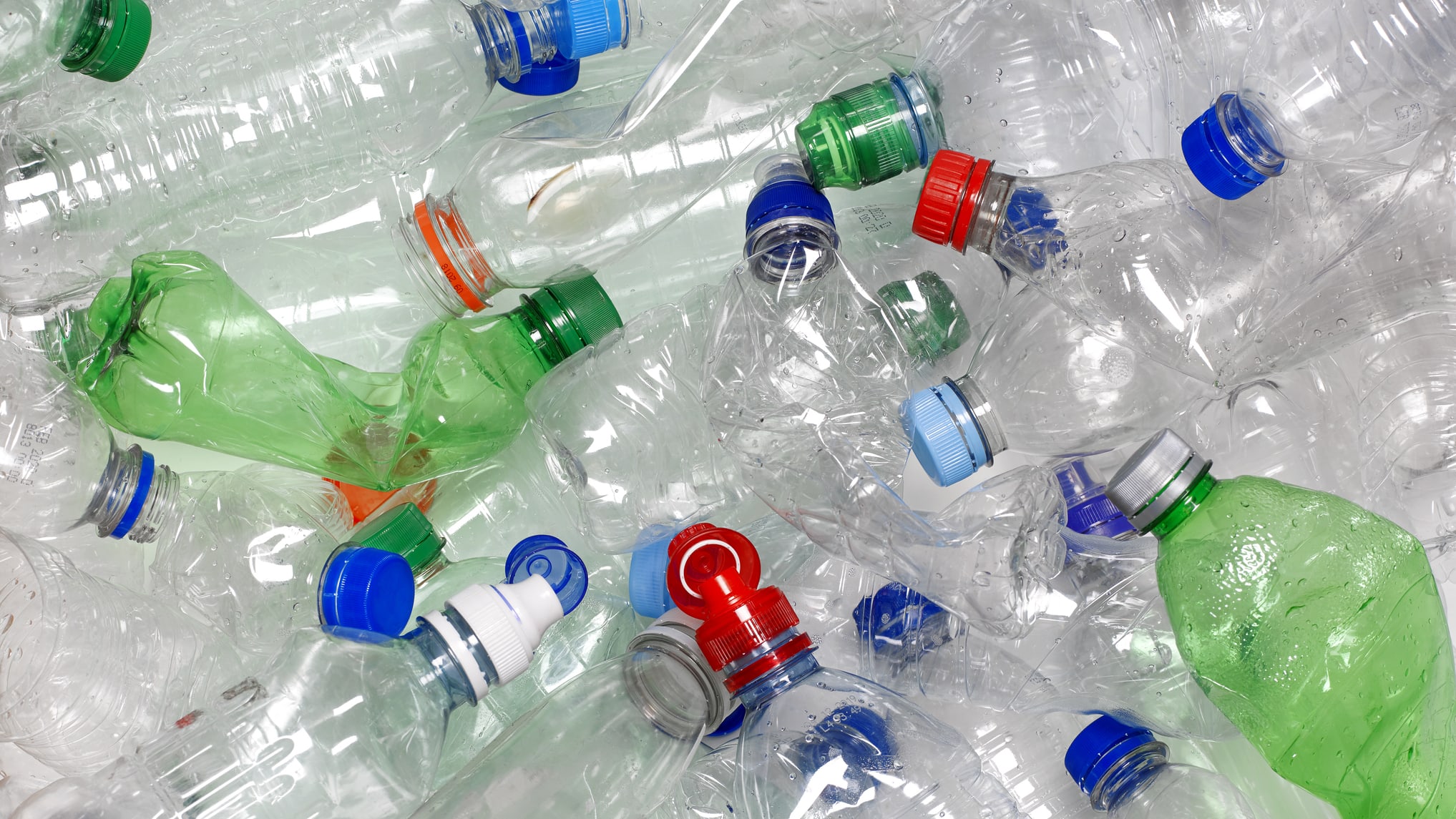Report: World is producing more single-use plastic 'than ever before'


A free daily email with the biggest news stories of the day – and the best features from TheWeek.com
You are now subscribed
Your newsletter sign-up was successful
A new report has revealed that the world's production of single-use plastic rose by 6 million metric tons to 139 million metric tons between 2019 and 2021 "despite rising consumer awareness, corporate attention, and regulation." Production is now at a record high, reports CNN.
Plastic pollution is a growing environmental and ecological concern, with consequences including increasing carbon emissions and leaching microplastics into the land and sea ecosystems. The report found that the additional waste produced was equivalent to an extra kilogram per person for everyone on Earth.
But why didn't the world's efforts amount to a change? The biggest issue is that the world's recycling mechanisms are not able to keep up with the level of plastic production and petrochemical companies are the ones to blame. Plastic created from "virgin" polymers outpaces plastic made from recycled materials 15 times. Exxon Mobil is the largest producer of virgin polymers. Most single-use plastic also makes its way into landfills or the environment and not into the recycling stream, writes Reuters.
The Week
Escape your echo chamber. Get the facts behind the news, plus analysis from multiple perspectives.

Sign up for The Week's Free Newsletters
From our morning news briefing to a weekly Good News Newsletter, get the best of The Week delivered directly to your inbox.
From our morning news briefing to a weekly Good News Newsletter, get the best of The Week delivered directly to your inbox.
Currently, only two major petrochemical companies are producing from recycled materials on a large scale. "It demonstrates beyond any doubt that the plastic pollution problem is getting much bigger and is being driven by the polymer producers, which are of course, driven by the oil and gas sector," said Andrew Forrest, founder of Australia's Minderoo Foundation which created the report.
To combat the growing level of production, Forrest suggests a "'polymer premium' on every kilogram of plastic polymer made from fossil fuel." He adds that the payment "will lead to automatic mechanize collection" of plastic "in the advanced world" and "people ... making sure there's no plastic waste going into the ocean" in "the developing world."
"Make no mistake, the plastic waste crisis is going to get significantly worse before we see an absolute year-on-year decline in virgin single-use plastic consumption," concludes the report.
A free daily email with the biggest news stories of the day – and the best features from TheWeek.com
Devika Rao has worked as a staff writer at The Week since 2022, covering science, the environment, climate and business. She previously worked as a policy associate for a nonprofit organization advocating for environmental action from a business perspective.
